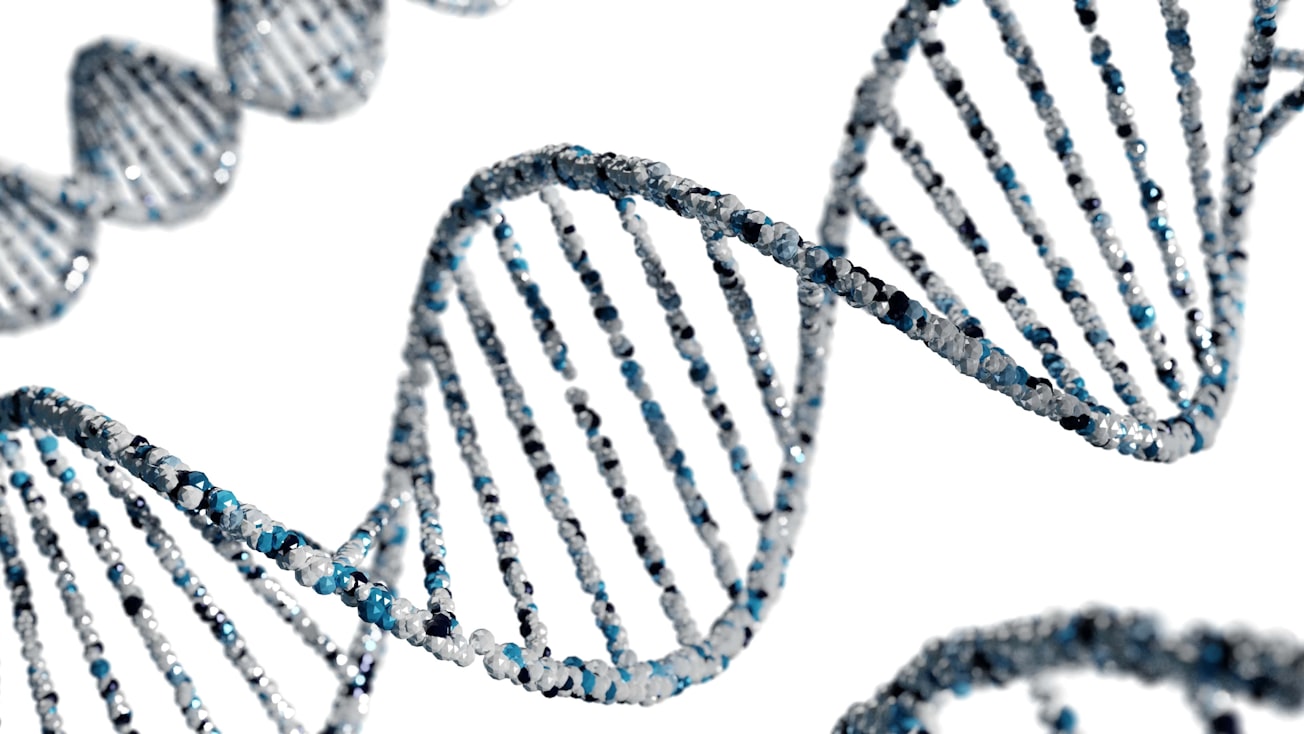What is it about?
Prostate cancer patients with particular genetic mutations have a higher chance of relapsing after initial radical treatment, potentially providing opportunities to identify patients who might need additional treatments earlier. Each of us have differences in our DNA that make us different. In this work we look at the whole sequence of DNA from 850 prostate cancer patients who have been treated by having their prostate removed. We looked at whether these differences may be used to predict whether the disease will progress after this treatment. It looks like it does when we look at changes in genes of particular biological processes. This was validated in another set of patients.
Featured Image

Photo by Ashraful Islam on Unsplash
Why is it important?
Prostate cancer is a big problem effected many thousands of men every year. A lot of men die from the disease but this is only a small proportion of those we have diagnosed. Therefore, it is really important that we determine the correct treatment (or just watching the disease) and avoid unnecessary side effects. In this paper we rise the possibility of taking a blood sample to read the genetic code of DNA and help determine whether this is disease is likely to be aggressive or not.
Perspectives
I am very pleased to be a senior author on this publication which has taken many years to come out. It was a massive international effort and huge thanks go out to Ezequiel and Daniel who did the majority of the work. This is a great proof of principle of the use of DNA testing to help improve patient care.
Professor Daniel S. Brewer
University of East Anglia
Read the Original
This page is a summary of: Rare Germline Variants Are Associated with Rapid Biochemical Recurrence After Radical Prostate Cancer Treatment: A Pan Prostate Cancer Group Study, European Urology, May 2022, Elsevier,
DOI: 10.1016/j.eururo.2022.05.007.
You can read the full text:
Contributors
The following have contributed to this page







